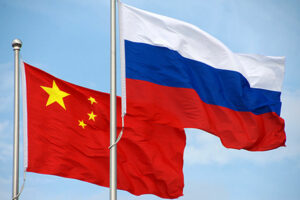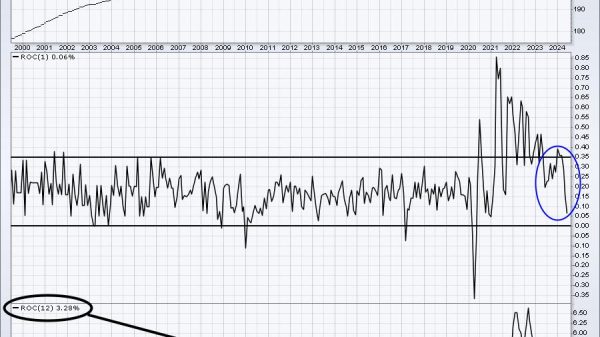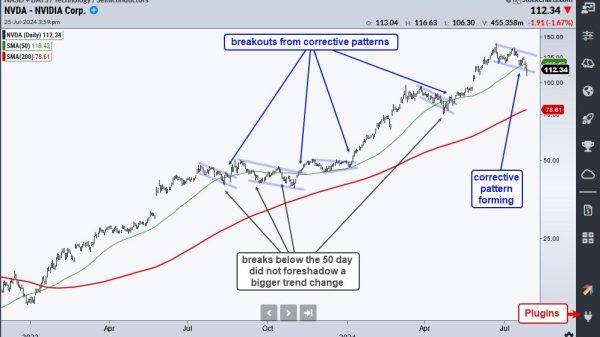Recorded by the Mises Institute in the mid-1980s, The Mises Report provided radio commentary from leading non-interventionists, economists, and political scientists. In this program, we present another part of “Ten Great Economic Myths”. This material was prepared by Murray N. Rothbard.
The financial press now knows enough economics to watch weekly money supply figures like hawks; but they inevitably interpret these figures in a chaotic fashion. If the money supply rises, this is interpreted as lowering interest rates and inflationary; it is also interpreted, often in the very same article, as raising interest rates. And vice versa. If the Fed tightens the growth of money, it is interpreted as both raising interest rates and lowering them. Sometimes it seems that all Fed actions, no matter how contradictory, must result in raising interest rates. Clearly something is very wrong here.
The problem here is that, as in the case of price levels, there are several causal factors operating on interest rates and in different directions. If the Fed expands the money supply, it does so by generating more bank reserves and thereby expanding the supply of bank credit and bank deposits. The expansion of credit necessarily means an increased supply in the credit market and hence a lowering of the price of credit, or the rate of interest. On the other hand, if the Fed restricts the supply of credit and the growth of the money supply, this means that the supply in the credit market declines, and this should mean a rise in interest rates.
And this is precisely what happens in the first decade or two of chronic inflation. Fed expansion lowers interest rates; Fed tightening raises them. But after this period, the public and the market begin to catch on to what is happening. They begin to realize that inflation is chronic because of the systemic expansion of the money supply. When they realize this fact of life, they will also realize that inflation wipes out the creditor for the benefit of the debtor. Thus, if someone grants a loan at 5% for one year, and there is 7% inflation for that year, the creditor loses, not gains. He loses 2%, since he gets paid back in dollars that are now worth 7% less in purchasing power. Correspondingly, the debtor gains by inflation. As creditors begin to catch on, they place an inflation premium on the interest rate, and debtors will be willing to pay. Hence, in the long-run anything which fuels the expectations of inflation will raise inflation premiums on interest rates; and anything which dampens those expectations will lower those premiums. Therefore, a Fed tightening will now tend to dampen inflationary expectations and lower interest rates; a Fed expansion will whip up those expectations again and raise them. There are two, opposite causal chains at work. And so Fed expansion or contraction can either raise or lower interest rates, depending on which causal chain is stronger.
Which will be stronger? There is no way to know for sure. In the early decades of inflation, there is no inflation premium; in the later decades, such as we are now in, there is. The relative strength and reaction times depend on the subjective expectations of the public, and these cannot be forecast with certainty. And this is one reason why economic forecasts can never be made with certainty.
For more episodes, visit Mises.org/MisesReport




















